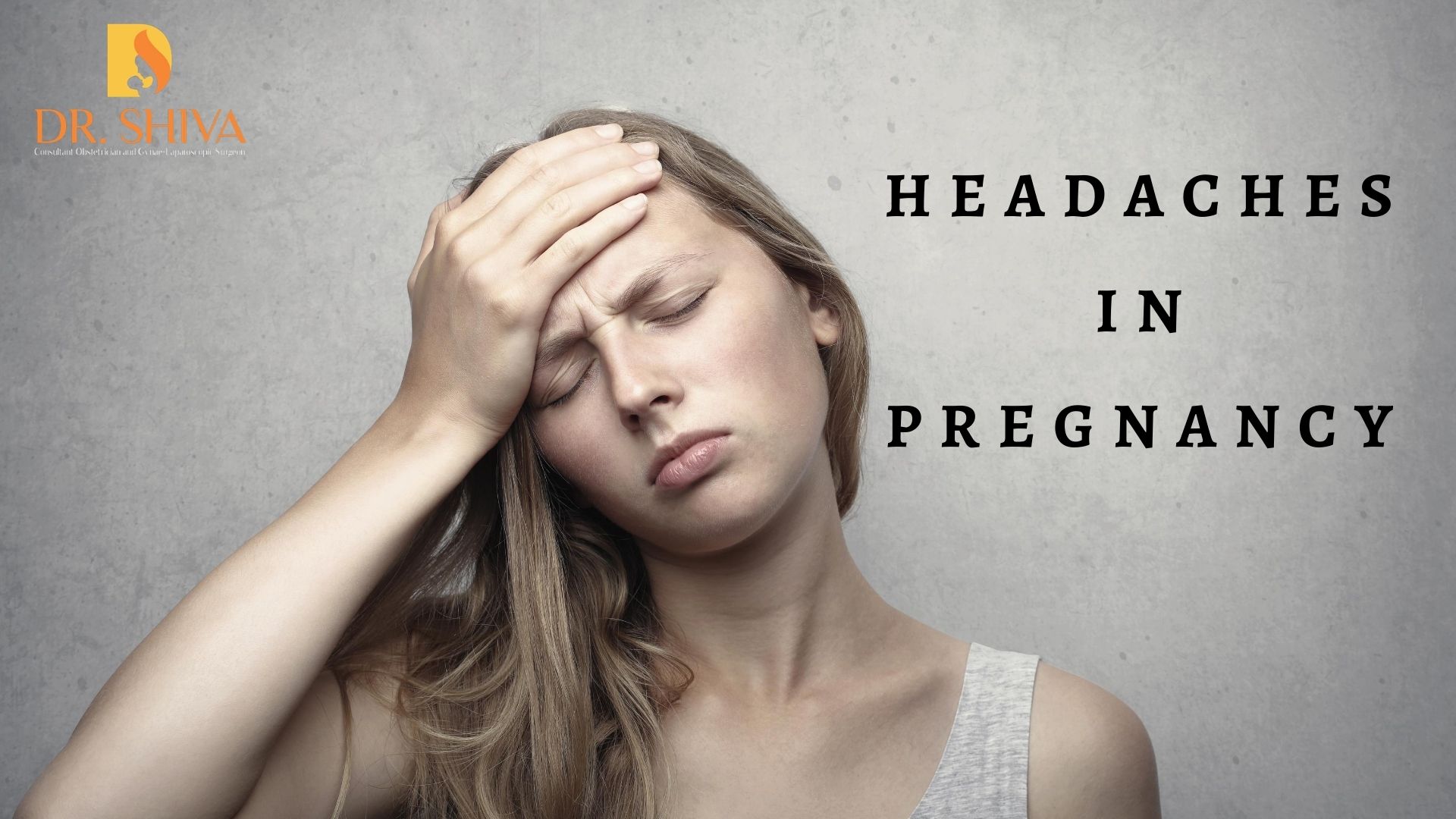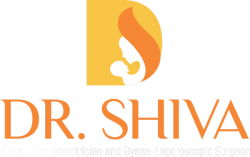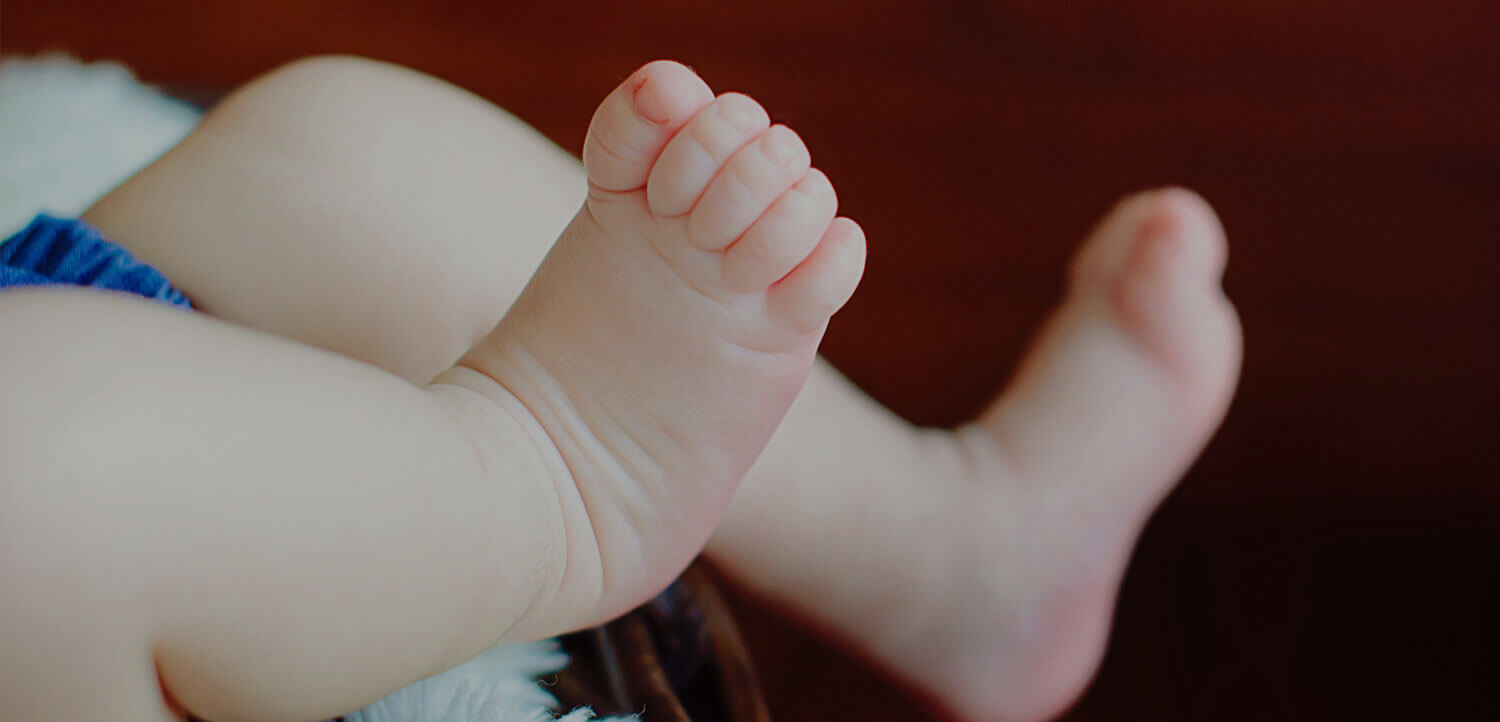
Headache is a common issue during pregnancy, it is more common during the first trimester and third trimester. In the first trimester, it can occur due to sudden surge of hormones, blood volume and weight changes. During the third trimester, it can be related to posture, muscle tension due to carrying additional weight or diabetes. Preeclampsia or High Blood pressure can also be another factor. If you need to have medicines due to excessive pain, you will need to check with your doctor.
Types of headache in pregnancy
Headaches during pregnancy can be categorized into two-
- Primary headaches – due to tensions or having migraine attacks.
- Secondary headaches – due to high blood pressure.
Migraines may be accompanied by nausea, seeing flashing light, blind spots.
Causes for headache during pregnancy
• Lack of sleep
• Dehydration
• Stress
• Low blood sugar
• Caffeine withdrawal
• Some food items also trigger headaches like chocolate, dairy, yeast, peanuts, etc.
• Bit more serious causes for headache which occurs in the second and last trimester can be low blood pressure, blood clots, bleeding, stroke, sinus infection, heart issues or meningitis.
Treatment for headaches during pregnancy
Natural remedies for headache include:
• Warm bath
• Have lots of water
• Trying to maintain a good posture
• By using essential oils like peppermint, rosemary.
• Having a well-balanced meal and try to control sugar levels by having smaller but frequent meals.
• Take rest and follow some relaxation techniques.
• Exercise
• For sinus headache use a heating pad where it pains.
• Use an ice pack or cold compress on your neck for tension headaches.
• Avoid food items that trigger headaches.
You may have medications, but only after consulting with your doctor. Paracetamol is generally fine, but avoid having aspirin or ibuprofen.
When is it necessary to see a doctor?
• When headache continues to exist, frequency keeps increasing and remedies do not have an effect on it.
• If you have blurry vision accompanied with headache.
• Puffiness of your face or swelling of hands and feet.
• If you have a seizure, or faint when having a headache.
Diagnosis for the headache
The doctor may suggest some tests to help identify the reason for the headaches.
• Blood test
• Blood sugar levels
• Scan of head and heart
• Check on eye health
It is best to maintain or have a track of when and how frequent or long your headaches last. Do include any other symptoms that were present when you had a headache like nausea, sensitivity to light or smell, blurry vision, etc. Have an account of the food you had on the day or day before the headache occurred. This will help the doctor to identify if there is a pattern and even suggest treatments.
Should I be concerned or worry about the headaches?
Headache during the end of pregnancy should be taken seriously as it may be an indication of an underlying problem, especially high blood pressure. This may in turn cause other complications in the pregnancy. So do make sure to check with the doctor and follow all routines and medications as prescribed by the doctor.

